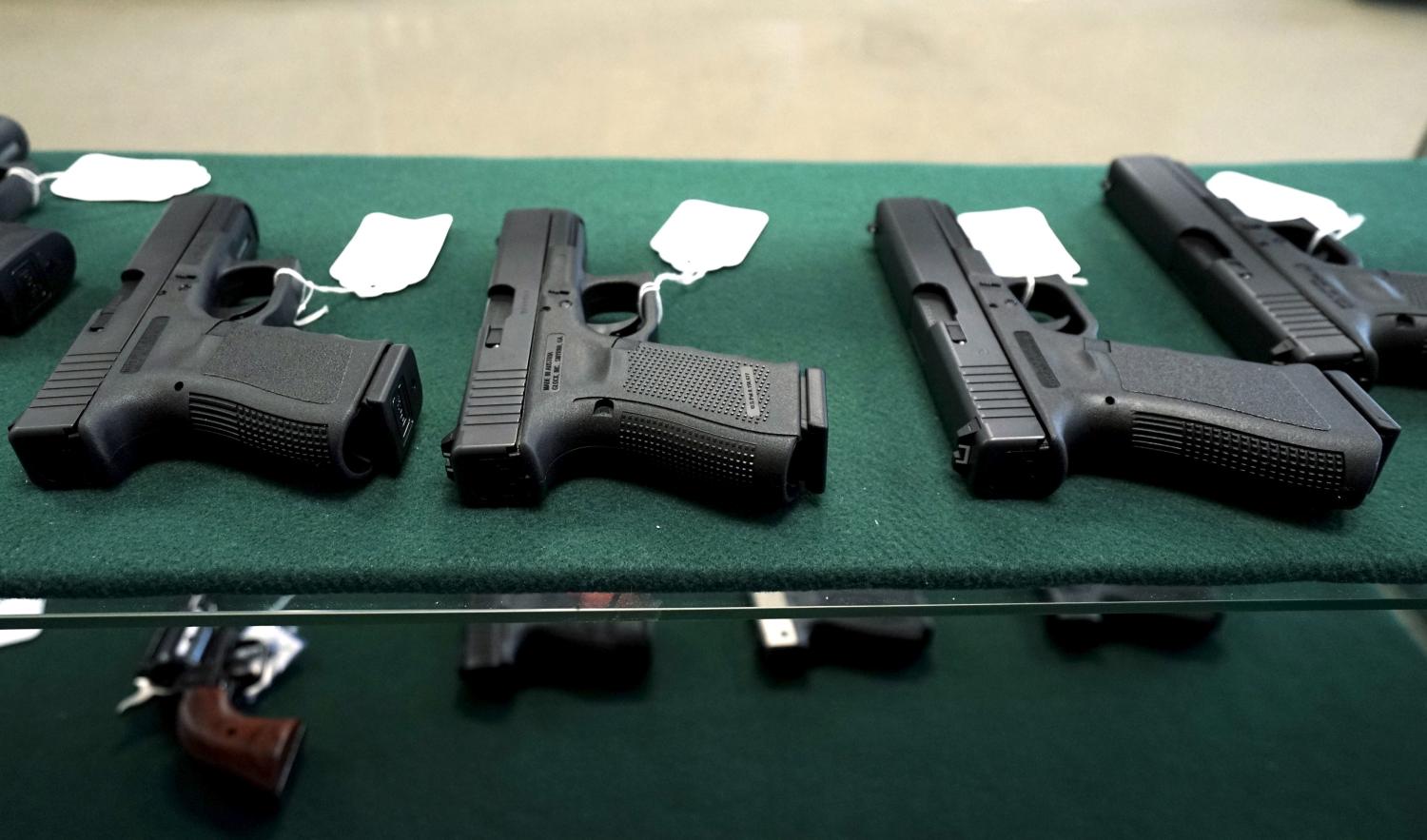Criminal activity is often selectively underreported – that is, underreported in a non-random manner. This can make it difficult to understand public safety problems and devise effective policy strategies to address them.
However, new surveillance technologies are facilitating the collection of more accurate data on crime. In this paper, we describe data on gunfire incidents, recorded using a tool called ShotSpotter.
We compare those data with previously-available data on gun violence (reported crime and 911 calls) to estimate baseline correlations between these measures as well as the causal effect of gunfire incidents on reporting. Using data from Washington, DC, and Oakland, CA, we find that only 12% of gunfire incidents result in a 911 call to report gunshots, and only 2-7% of incidents result in a reported assault with a dangerous weapon. These extremely low reporting rates have important implications for research on gun violence.
The characteristics and research potential of ShotSpotter data are relevant to surveillance data more broadly; while such data have not yet been exploited by social scientists, they could be extremely valuable for crime research and policy.
The Brookings Institution is committed to quality, independence, and impact.
We are supported by a diverse array of funders. In line with our values and policies, each Brookings publication represents the sole views of its author(s).




